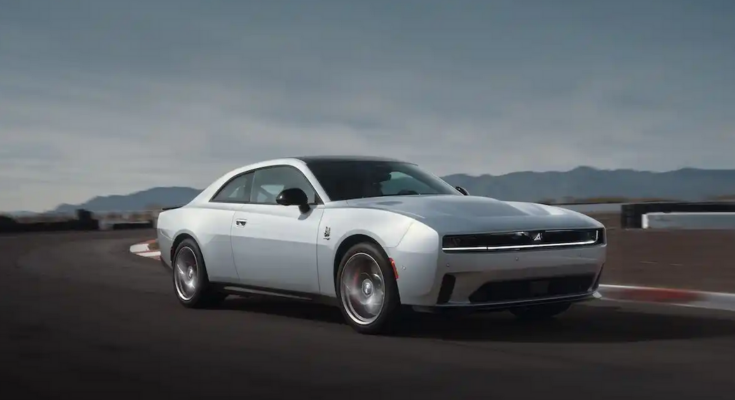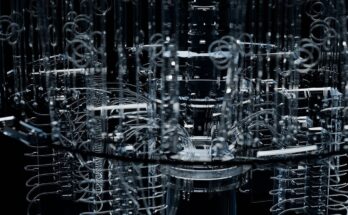Key Takeaways
- The fleet of Dodge Charger Daytonas will be equipped with Factorial’s solid-state batteries.
- The energy density is about twice as high as that of contemporary battery technologies.
- All of Stellantis’ products are said to employ solid-state batteries.
By 2026, Stellantis intends to add solid-state battery technology, which offers enhanced performance and a range of up to 600 miles, to the Dodge Charger Daytona demo fleet.
By 2026, Stellantis, the company that owns Jeep, Dodge, Chrysler, Alfa Romeo, Maserati, and other brands, plans to launch a demonstration fleet of Dodge Charger Daytona cars equipped with the newest solid-state battery technology.
A “key next step in the commercialization of this promising technology,” according to Stellantis, who invested $75 million in Factorial in 2021, is integrating the start-up’s cutting-edge battery technologies into a road car.
It is no accident that the upcoming Dodge Charger Daytona was chosen; this powerful future electric vehicle (which can produce 670 horsepower and accelerate from 0 to 60 miles per hour in just 3.3 seconds in some models) will not only test the more energy-dense battery packs, but it also rides on the new Stellantis group STLA Large platform, which will support important Alfa Romeo, Maserati, and Jeep models in the years to come.
The energy density of 390 Wh/kg is claimed by Factorial’s FEST (Factorial Electrolyte System Technology) solid-state battery technology, which is far higher than the typical 270 Wh/kg of many of the best-performing lithium-ion batteries on the market today.
According to Factorial, the battery packs that drive the upcoming generation of high-performance EVs can essentially be half a third the size of current cell arrangements while still achieving 600 miles of range because of this significant increase in energy density.
Ned Curic, Chief Engineering and Technology Officer at Stellantis, stated in a press release, “We are validating Factorial’s innovative battery solution’s potential to enhance our electric vehicle lineup by integrating it into the STLA Large platform, ensuring customers benefit from improved performance, longer driving ranges, and faster charging times in the coming years.”
A few manufacturers are currently engaged in a competition to be among the first to install solid-state batteries in mass-produced automobiles. With a range of over 500 miles between top-ups, Chinese automaker SAIC says it will begin installing its proprietary solid-state battery technology in MG models as early as next year.
Likewise, by 2028, both Nissan and Toyota have stated that they are investigating solid-state batteries for use in commercial settings. Overall, it is anticipated that new battery packs will be lighter, smaller, faster to charge, and more energy-dense.


